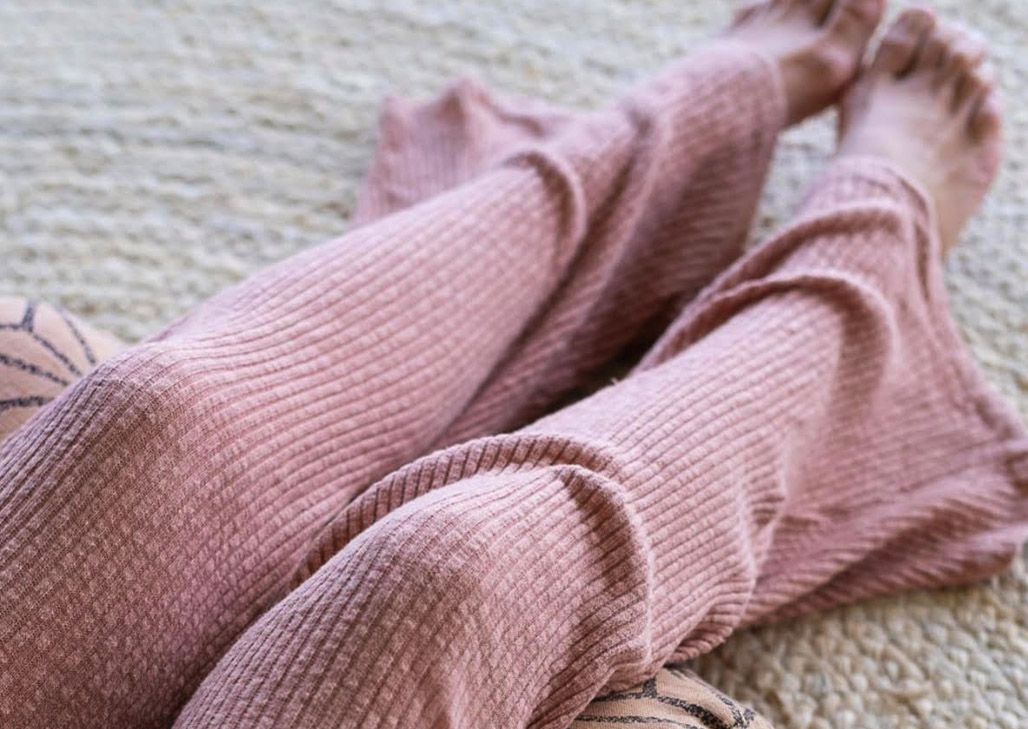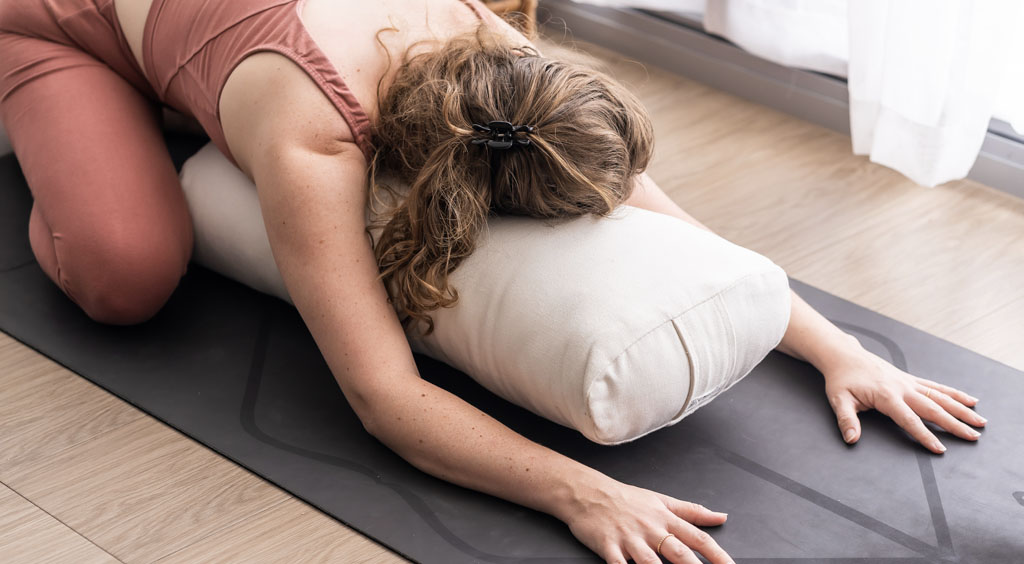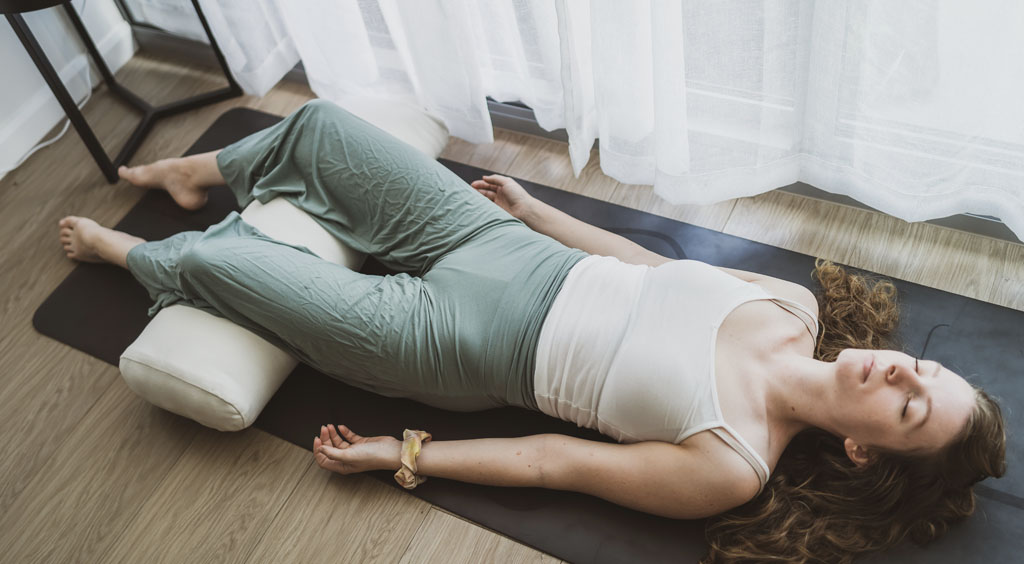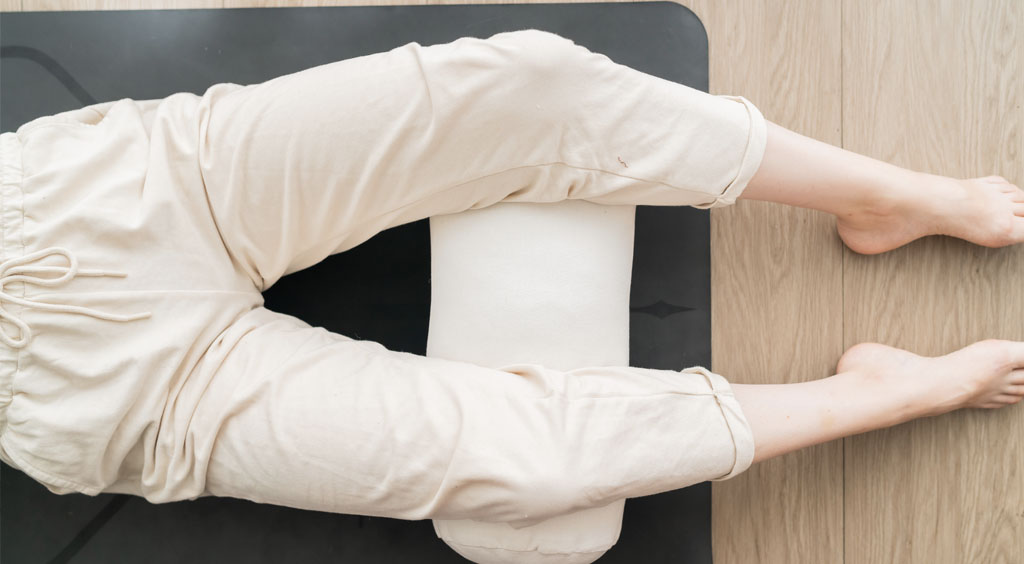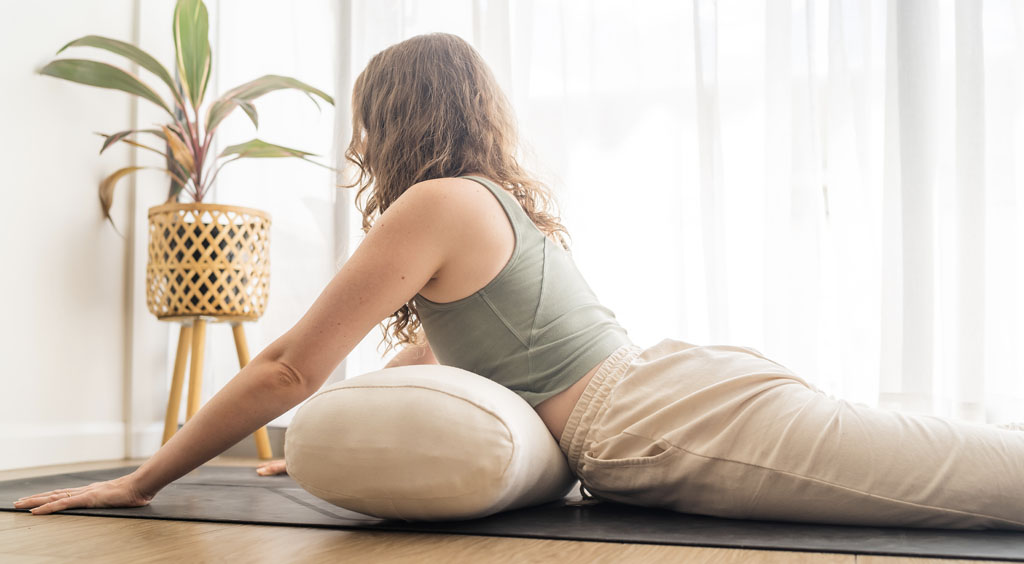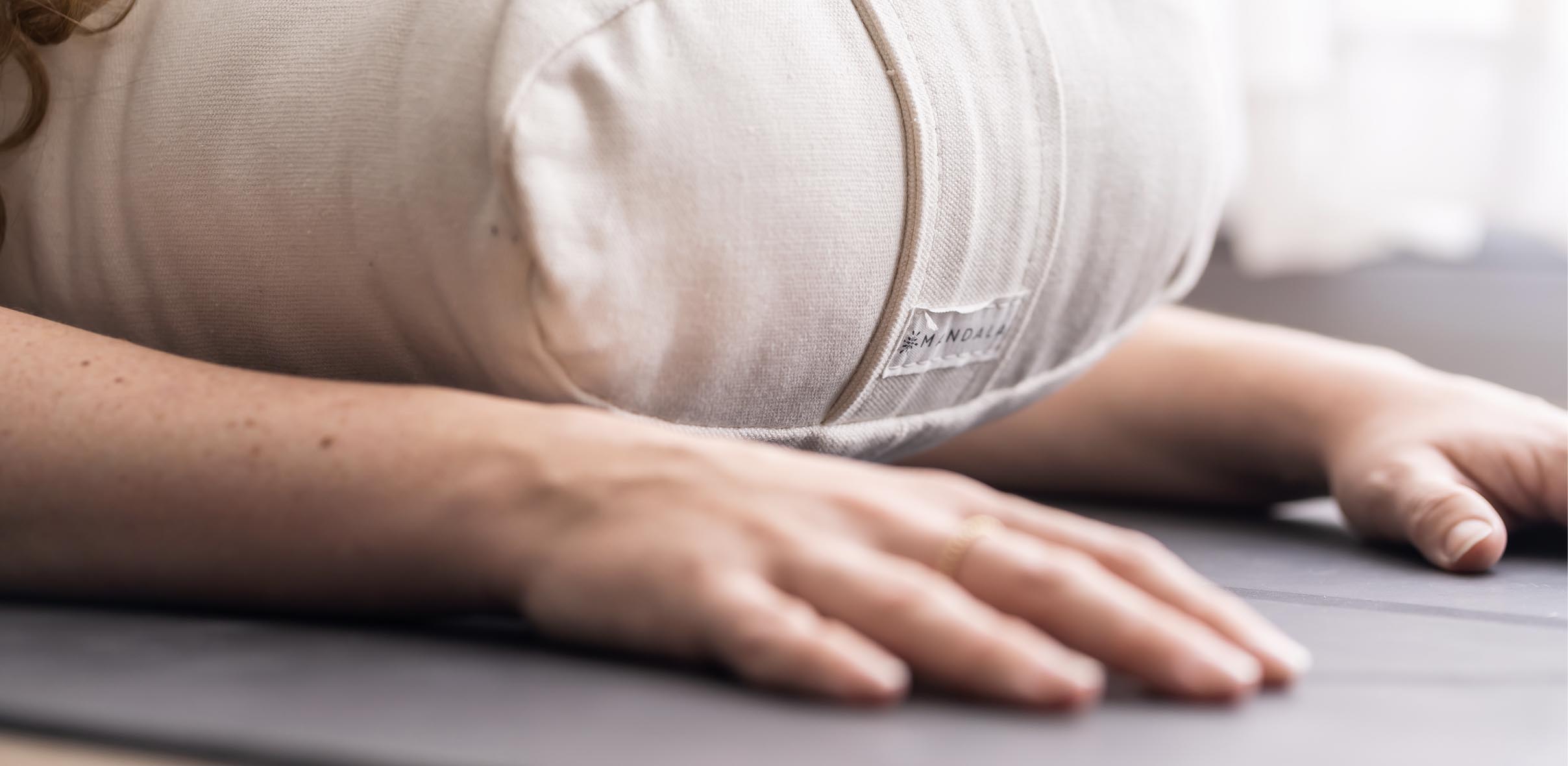Experiencing a restful and restorative sleep is all about quality over quantity.
If you were up late every night watching the stunning performances at the Tokyo Olympic Games, or you’ve become addicted to a Netflix series during lockdown, you no doubt will have disrupted your sleep routine. Whilst the elite athletes were putting on stellar performances, it’s likely that your performance at work and the gym may have suffered because of your sleep deprivation. Taking a few tips from high level performance coaches, we can recover the debt created by adrenalin-fuelled evenings on the couch.
Even though we may not be elite athletes, there is one principle that applies to all – our bodies and minds can’t perform to their best ability if we haven’t had a good night sleep. Performance requires recovery, and to recover means to sleep. If we want our memory and decision making skills at work to be sharp we need to ensure our brain experiences effective sleep cycles at night. If we want our immune system to repair and reboot we need to give our body a deep restful pitstop for this to happen. We know sleep deprivation is an effective tool of torture so why do we think we can feel happy and well without this essential health ingredient?
Whilst getting 7-9 hours of sleep a night is a nice goal, when you’re after truely restful and restorative sleep it’s the quality that matters more than the quantity. A sleep that provides a good chunk of nonREM and REM cycles boosts mood, memory and physical health. One that doesn’t contributes to depression, anxiety, heart disease, obesity, diabetes and death from accidents. Briefly, nonREM is the deep sleep that restores immune function, repairs damaged tissue and regenerates cell function, whilst REM sleep is the dreaming phase where the brain and emotions process experiences and learning. Neither is more important than the other and like most things in life it’s about their balanced partnership that achieves the best outcome.
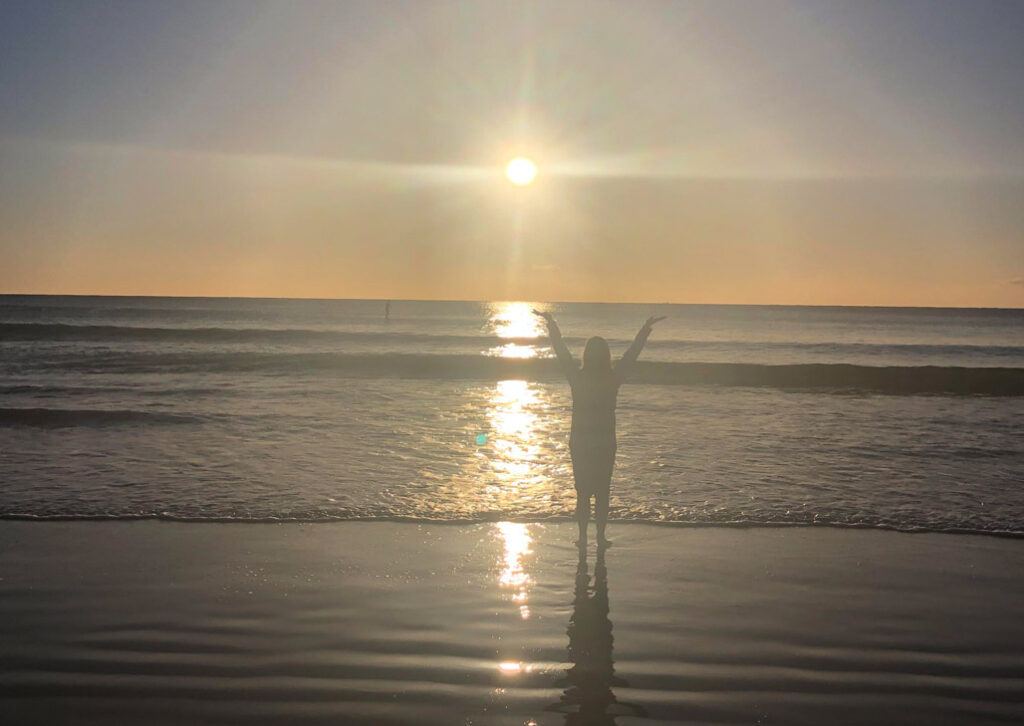
So you want to earn a gold star for sleep performance? Here’s how –
– LIGHT – Natural Vs Artificial — In the morning, get some sunlight on those retinas (that means some time without sunglasses) every day, ideally when you’re exercising. In the evening, dim your house lights to create a calm space that helps the brain start to produce melatonin the sleep hormone. One hour before bed, switch off TV, computers, mobile phones and iPads. NEVER use any of these in bed.
– TEMPERATURE – Cool down – Take a bath or shower once you’ve switched off devices. The resulting cooling process afterwards helps the body fall into a restful sleep. If you find you are a hot tossing potato in bed then consider your food and drink intake at night – limiting or avoiding alcohol at night can be a game changer for many who suffer from sleep problems, and reducing sugar and spicy food also can be effective. If you are menopausal then there are many remedies to help cool those flushes and one of the most effective one is morning exercise, which leads to point 3….
– TIMING – whilst sleep is not a race, getting the timing of things right can make for a stress free sleep. Firstly, aim to wake at the same time each morning and plan to exercise for at least 30 minutes outside in the sunshine (see point 1). Alternatively a lunchtime walk is good. Avoid caffeine after midday (for some stressed individuals quitting caffeine altogether may be necessary) and finally, don’t sleep procrastinate! Set your bedtime and stick to it (avoid watching another 50 minute episode!), because healthy sleep habits are just that – habits.
– MIND GAMES – we would all agree that the mind is a powerful thing that can achieve wonderful things so why not use it!? Declutter your bedroom, play relaxing music, journal and put your to-do list in the kitchen for tomorrow. Practice Yoga Nidra, deep breathing and loving kindness. All these techniques are effective at establishing a sleep routine that restores the body and mind.
Want some natural performance enhancing sleep remedies? Try these top 5 –
1. Magnesium
– aim for 200-400mg of this muscle and mood pleasing mineral in amino acid chelate form
2. Melatonin
– this is available on prescription in Australia, or a homeopathic version is freely available in pharmacy and health food stores
3. Herbal teas
Chamomile, Passionflower and Lemon balm for a comforting, relaxing effect on the nerves
4. Herbal extracts
Zizyphus and Withania – for insomnia related to anxiety and ongoing stress
5. Lavender oil
– in a diffuser or body oil, this essential oil has the unique ability to calm the nerves while improving mental clarity.
5 Yoga Restorative yoga poses for to help with sleep
Melting Heart (Anahatasana)
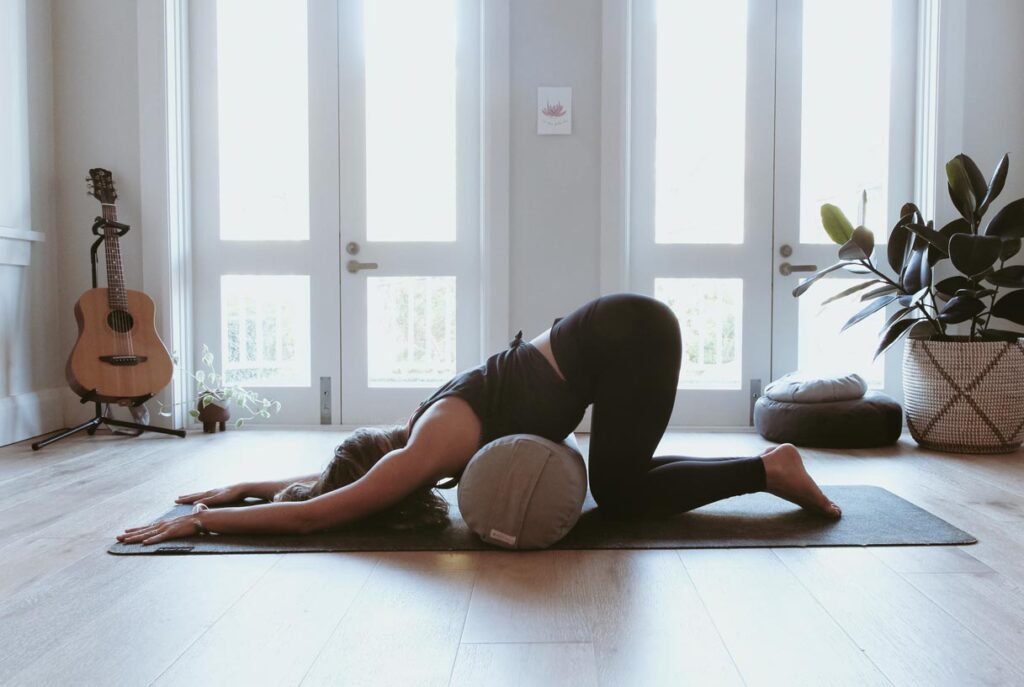
Dragonfly
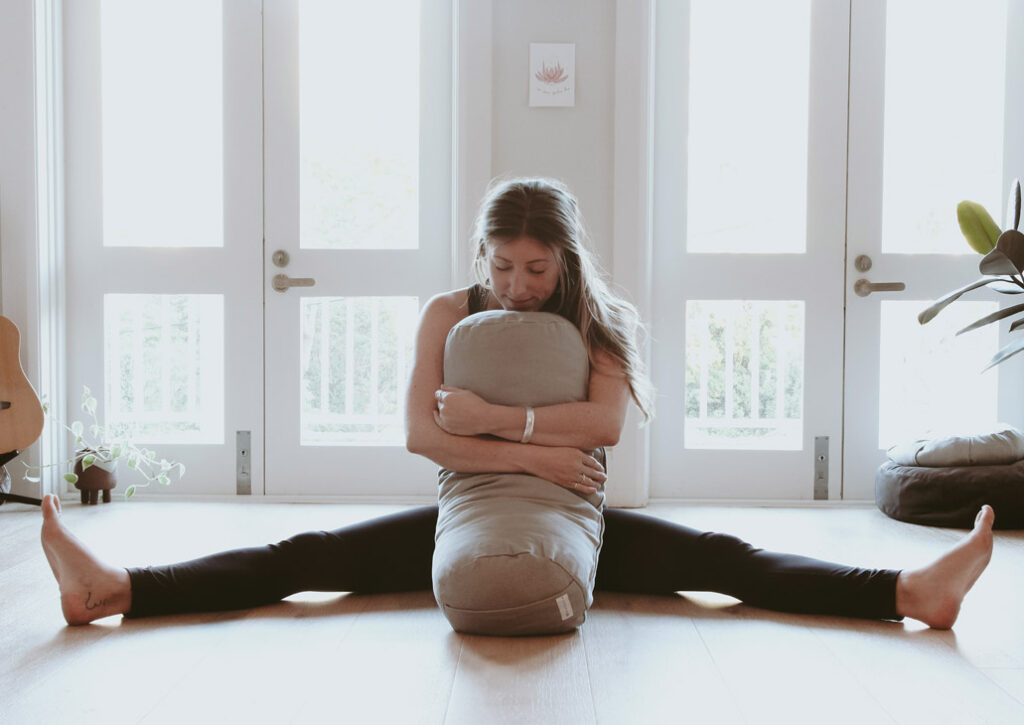
Supported Childs Pose
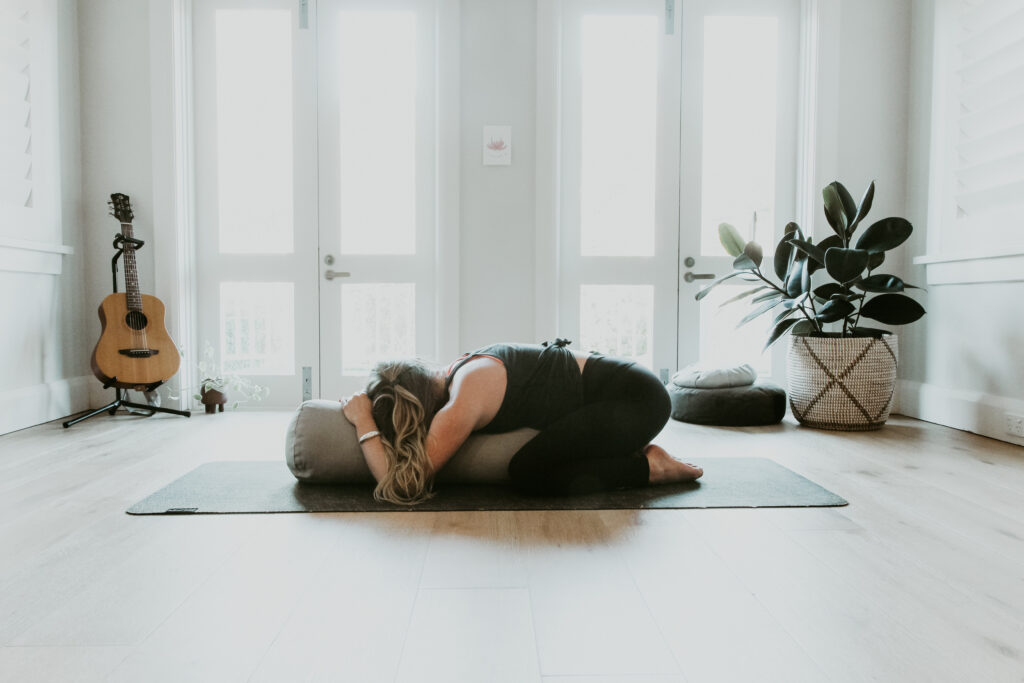
Reclined Butterfly
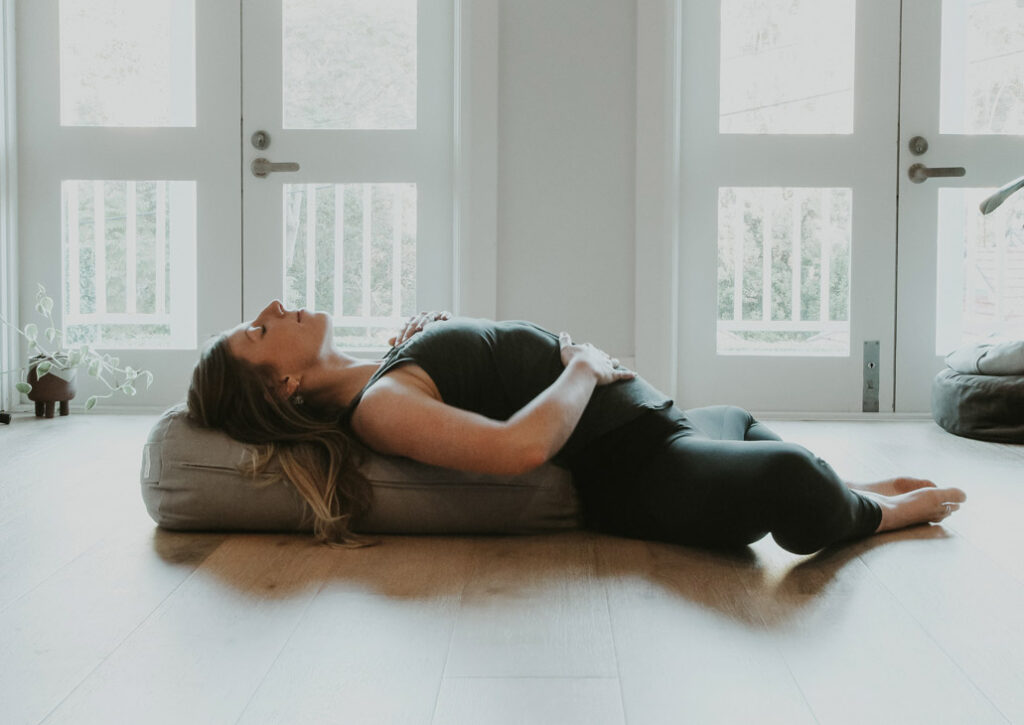
Legs In The Air / Up The Wall
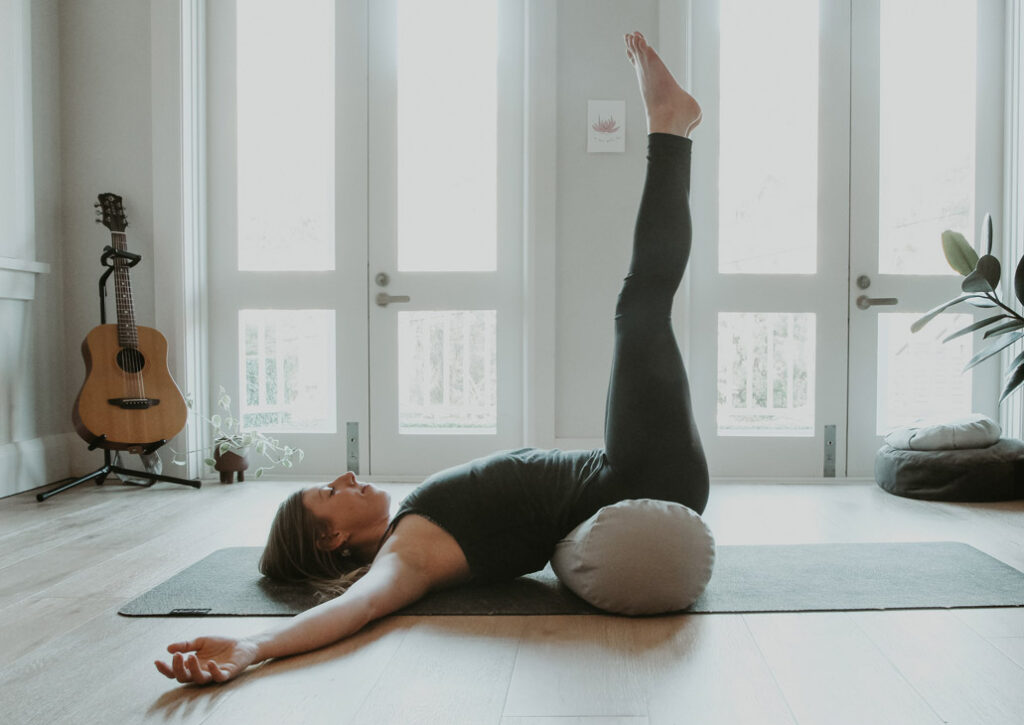
Sleep tight,
love Tara and Mel

